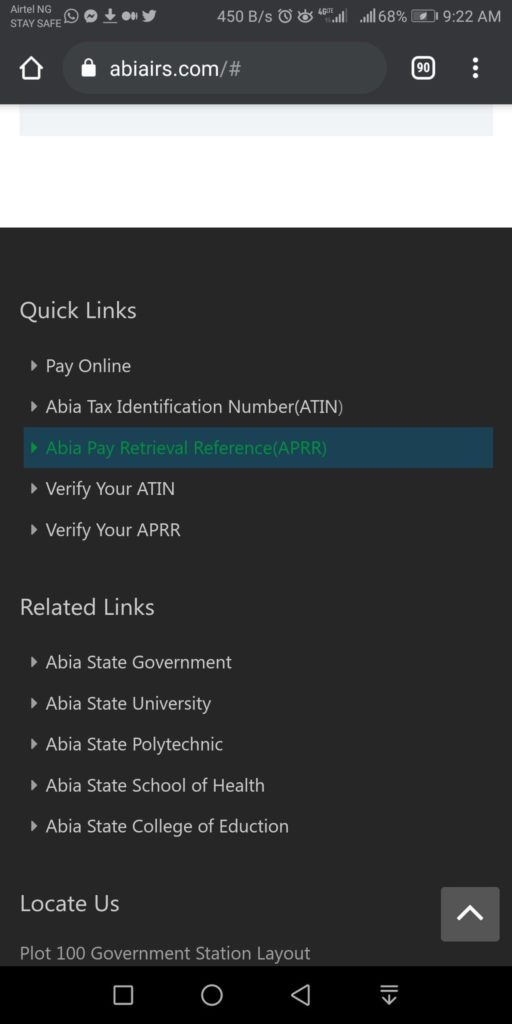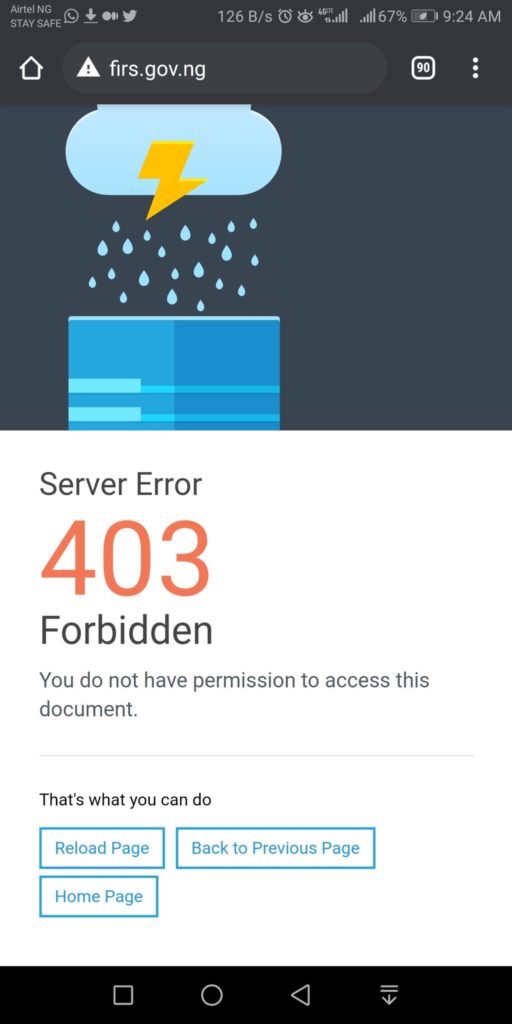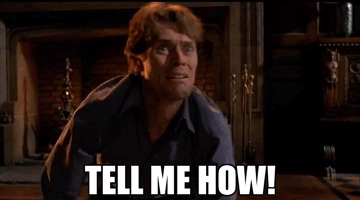The state elections, i.e., Gubernatorial and state House of Assembly, are eight days away, and politicians are running helter-skelter to ensure we see them everywhere, from our fridges to our dreams too.
It’s not news that during this election period, Desmond Elliot certain members of the state House of Assembly are receiving heat for commissioning projects that should have never left the drafts in the first place.
However, it’s important to mention that many of us are confusing the local government’s functions with that of the State Assembly. So let’s break down what this legislative arm of government is and its functions.
What is the State House of Assembly?
The state House of Assembly is established according to Section 90 of the Nigerian constitution. It is headed by a Speaker, and its members, called honourables, are each elected to represent the specific needs of their local constituencies.
The number of seats in each state assembly varies between 24 to 40; for instance, Abia has 24 seats, and Lagos has 40. And some of the functions of the State House of Assembly are:
Lawmaking
The State Assembly has the legislative power in a state, and the functions of a legislature are to make, change and annul laws. The laws are expected to be practical and ensure peace and good governance.
Confirmation of appointments
According to Section 192(2) of the constitution, the State Assembly is responsible for approving the appointments of Commissioners, State Chief Judges and Board members. Without the approval of the State House of Assembly, the appointments would be considered invalid.
Oversight functions
Under sections 120-128 of the Nigerian constitution, the state House of Assembly has the power to supervise other arms of government. This is to curtail corruption and inefficiency in state administration and promote transparency.
Representation
Members of the State Assembly must effectively represent their constituents to ensure they aren’t marginalised. They’re to advocate for the needs, protect the interests, and become the voice and ears of their constituents in government.
Quasi-Judicial functions
The state Assembly has the power to review charges made against members of the executive, i.e., a governor or deputy governor, and remove or impeach from office if found guilty.
So, now you know what your state House of Assembly should do, so maybe it’s time to stop dragging its members but instead hold the Chairman of your local government by the neck.
You can find out what the functions of your local government are here.
















